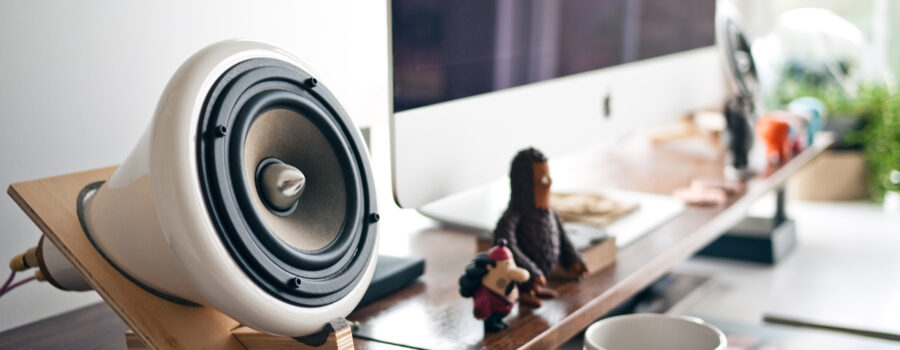The kids leave home, my husband goes back to working second shift, it’s slow at work, and I am left with what? Time to focus on whatever I want. I no longer need to multi-task to handle many competing priorities, but the thing is I forgot how to focus and why I should.
Focus, not hyperfocus
Hyper-focus is something I know about. Bob Buford says in his book, Second Half, that one reason why so many people stay in the first half is that their focus is on the rat race rather than on their contributions, talents, and calling. Hyper-focus is what I did when raising kids, going back to college, and building a nonprofit.
It is what we do when we are developing careers, starting something new, raising children, trying to work on relationship problems, dealing with emotional and mental challenges, having financial difficulties, and trying to get clarity on a direction for our lives. It can be beneficial, but it can blind side us as much as it’s opposite sibling.
#1 Killer of Flow: Multi-Tasking
Flow is a natural state. It is when we can let thoughts and feelings naturally come out of us. It can be thought of as a good, steady, satisfying stream of own normal output. Author Ned Herrmann, The Whole Brain Business Book, refers to it as free flowing, that which might occur if there were a strong alignment between how we think and what we are doing. If there is a strong alignment the level of effort required to engage in the activity would be more relaxed and energy levels increased.
Author Eliyahu M Goldratt addressed the problem with multi-tasking in the manufacturing setting when he introduced the world to the Theory of Constraints. He believed that multi-tasking reduces flow and that there is a cognitive penalty for switching between tasks before one is finished.
It takes longer to go back and forth between tasks versus focusing on one until completion. If we aren’t focused mistakes can increase and quality decrease. We expend energy to shift gears which could be used to finish tasks. Heavy multi-tasking can cause us to be miss deadlines.
“Multi-tasking, hyper-responsibility, justifying one’s existence by doing and giving, was found to be common personality features most often present in people with chronic illness.”
While I wrote this article I checked my work email, Facebook, looked for jobs on LinkedIn, got online and searched for ideas on home libraries, and generally just avoided my current task of writing. Later I’ll get upset because I can’t find a part-time instructor position, though the truth is that my three-minute job search didn’t really accomplish anything.
Focus is faster. So says common sense. I flush the toilet faster when I do it one time, versus start, stop half-way through, let the bowl fill back up, and then restart. I get the trash out the fastest when I pick up the garbage bag and take it outside.
Behaviors like multi-tasking, being hyper-responsible, and over driven are among the normalized ways of being in our culture. They are seen as strengths and applauded. The more I can juggle the more valuable I am. If I neglect self-care and sell myself out to work, I will be a top notch employee.
What’s the big deal?
When we think of multi-tasking we think of doing, of many avenues of activity, timelines, deadlines, and milestones. If we think of hyperfocus we think of looking at something obsessively. Being focused makes us think of doing one thing at a time. What about not doing?
The problem becomes when we miss essentials like rest, solitude, mindfulness, meditation, waiting, being, and all the words that could be associated with the purposeful art of not doing anything. Self-care can quickly take a back seat when we are knee deep in juggling five or six things.
Most of us can think of a time when something big happened in our life to knock us out of our rote and routine. Dr. Gabor Mate worked with patients whose illness put a stop to their normal routine and forced them to start taking care of themselves.
Getting things done is important, but getting the right things done at the right time is even more important. Sometimes the best thing to do is take a break, a nap, read a book, go for a walk, listen to the birds, sit down, and let life move around us.
Multi-tasking doesn’t work because it doesn’t really get things done and it overlooks important things because in the end, it is just being busy. Instead of being busy let’s be focused on what is important, let’s be focused when we are doing or not doing, and let’s give ourselves the opportunity to be aligned with how we think and what we are doing.
Marcy Pedersen




